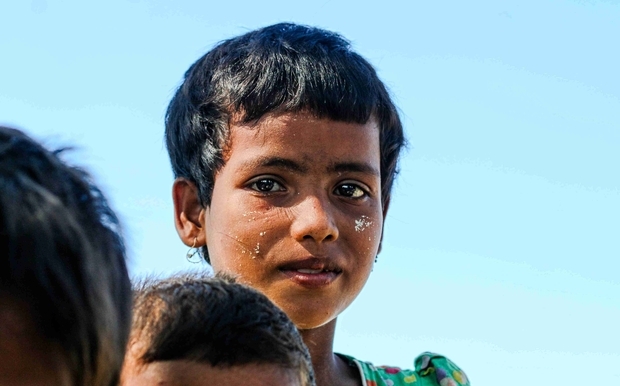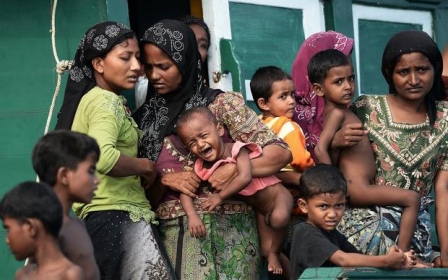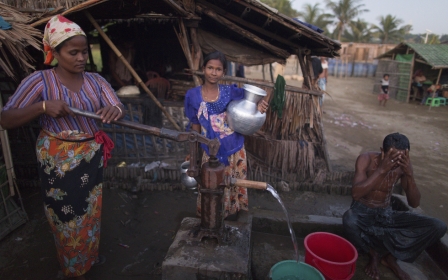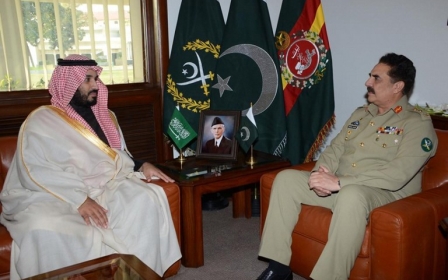Aung San Suu Kyi: No ethnic cleansing of Myanmar Muslims

Myanmar leader Aung San Suu Kyi said ethnic cleansing was too strong a term to describe atrocities taking place in the Muslim-majority Rakhine region, the BBC reported on Wednesday.
"I don't think there is ethnic cleansing going on," Suu Kyi told the BBC in an interview when asked if she would be remembered as the Nobel Peace Prize winner who ignored ethnic cleansing in her own country.
"I think ethnic cleansing is too strong an expression to use for what is happening," said Suu Kyi, who is facing international criticism for her government's handling of a crisis in the Rakhine region.
Attacks on Myanmar border guard posts in October last year by a previously unknown militant group ignited the biggest crisis of Suu Kyi's year in power, with more than 75,000 Rohingya Muslims fleeing to Bangladesh in the ensuing army crackdown.
A United Nations report issued earlier this year said Myanmar's security forces had committed mass killings and gang rapes against Rohingya during their campaign against the militants, which may amount to crimes against humanity.
The military has denied the accusations, saying it was engaged in a legitimate counterinsurgency operation.
"What we are trying to go for is reconciliation not condemnation," Suu Kyi told the BBC. "It is Muslims killing Muslims as well."
When asked by the BBC whether perceptions of her as an amalgam of Indian independence hero Mahatma Gandhi and Mother Teresa of Calcutta were incorrect as she was more similar to former British leader Margaret Thatcher, she said:
"Well no. I am just a politician. I am not quite like Margaret Thatcher, no. But on the other hand, I am no Mother Teresa either."
A Human Rights Watch report earlier this year accused Myanmar of “rampant and systemic human rights violations” against Rohingya Muslims.
“The security operations led to numerous reports of serious abuses by government security forces against Rohingya villagers, including summary killings, rape and other sexual violence, torture and ill-treatment, arbitrary arrests, and arson,” the report said, referring to raids in November 2016.
The rights group relied on satellite imagery to document "widespread fire-related destruction" in Rohingya villages. Amnesty International also accused the Myanmar military of targeting Muslim civilians in a “callous and systematic campaign of violence”.
In 2013, Human Rights Watch said Rohingya Muslims were facing ethnic cleansing and crimes against humanity.
Suu Kyi, hailed for being a pioneer for democratic rights in Myanmar, reportedly made demeaning comments to a British-Pakistani BBC journalist who asked her about abuses against Muslims in 2013.
"No one told me I was going to be interviewed by a Muslim," Suu Kyi said then.
New MEE newsletter: Jerusalem Dispatch
Sign up to get the latest insights and analysis on Israel-Palestine, alongside Turkey Unpacked and other MEE newsletters
Middle East Eye delivers independent and unrivalled coverage and analysis of the Middle East, North Africa and beyond. To learn more about republishing this content and the associated fees, please fill out this form. More about MEE can be found here.




